(ECNS) -- Dekesha, the daughter of Maliya Suo, China's last female chieftain, opened up about the unique rapport between humans and reindeer in an interview with China News Service.
Aoluguya Ewenki, dispersed along the Chinese-Russian border, stands as China’s last reindeer-raising community.
Maliya Suo, born in 1921, was the last matriarch of this tribe and spent her entire life with her fellow tribe's people in the southernmost part of the Taiga belt in the Circum-Arctic region. On August 20, 2022, she passed away at the age of 101.
Tangled connection with reindeer
For as long as Dekesha could remember, reindeer have been more than just animals, but her playmates.
"They are more like siblings. We live together and share a lifelong bond," Dekesha said.
Her mother's connection with reindeer dates back to her earliest days. "From the age when she could herd reindeer, my mother followed her parents on hunting trips and helped feed the deer," recounted Dekesha.
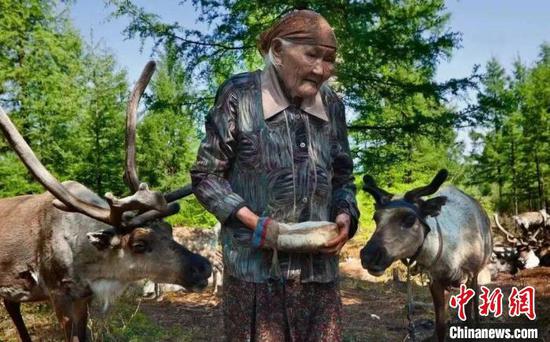
Without reindeer, the Ewenki people could not lead a peaceful life, Dekesha learned from her mother
She recalled her first trip down the mountains for education. "City life was somewhat unfamiliar, but it fulfilled my thirst for knowledge."
Over the years, she pursued education and a career in the city, never envisioning a return to the mountains.
However, Maliya Suo’s love for reindeer held powerful sway. “I decided to return to the mountains with my mother."
This time, she truly entered her mother’s world, as they spent over a decade together, living accompanied by reindeer.
Whenever Dekesha recalls her mother's feelings for reindeer, her eyes well up with tears.
"I learned to see the forest and the reindeer through my mother's eyes. That was incredibly fulfilling."
Even during occasional trips down the mountain to escape the winter cold, Maliya Suo remained concerned about her reindeer.
Transition to modern lifestyle and preservation of local culture
In 2003, people living in the Aoluguya Ewenki ethnic township ecomigrated from the mountains to the western outskirts of Genhe City, a county-level city in the northeastern Inner Mongolia Autonomous Region. This move marked a transition from a life reliant on hunting and reindeer to a more modern lifestyle.
Dekesha recalled that after 2008, with the support of the local government, the living conditions at the hunting sites on the mountain improved significantly. "Solar panels were installed, and every family had tractors, RVs, tents and other devices."
Currently, Aoluguya Ewenki Ethnic Township has established 14 hunting sites, with the population of Aoluguya Ewenki hunters approaching 350 and the reindeer population increasing from over 400 to more than 1,400.
Maliya Suo passed away, leaving behind the reindeer and the forest she loved, but her passion remained within her daughter.
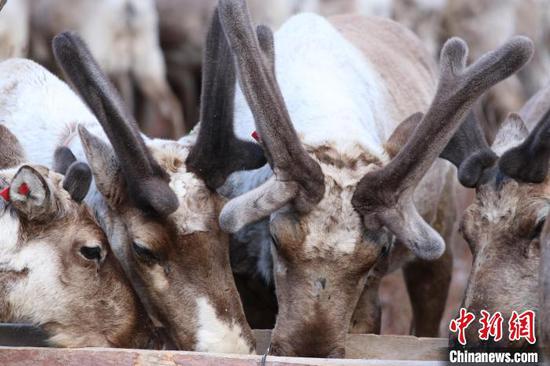
"The Ewenki rely on oral tradition, with no written language. Over the years, we have been passing down our ethnic heritage, including our language," Dekesha shared.
Through a social media platform, Dekesha teaches others Ewenki and provides a platform to exchange learners’ opinions.
"Young people are returning to the mountains to raise reindeer. They have even formed a Reindeer Research Association, connecting with Arctic experts for collaborative academic research to promote Pan-Arctic cultural development. What a wonderful thing!" Dekesha said.
She believes that is what her mother aimed to accomplish throughout her life: to draw people's attention to reindeer culture.
Dekesha, now in her 60s, remains on the mountain, caring for more than 100 reindeer. She always remembers her mother's words: "Generation after generation, we protect the forests, and draw near to nature. Just as I love my children, I cherish the reindeer."








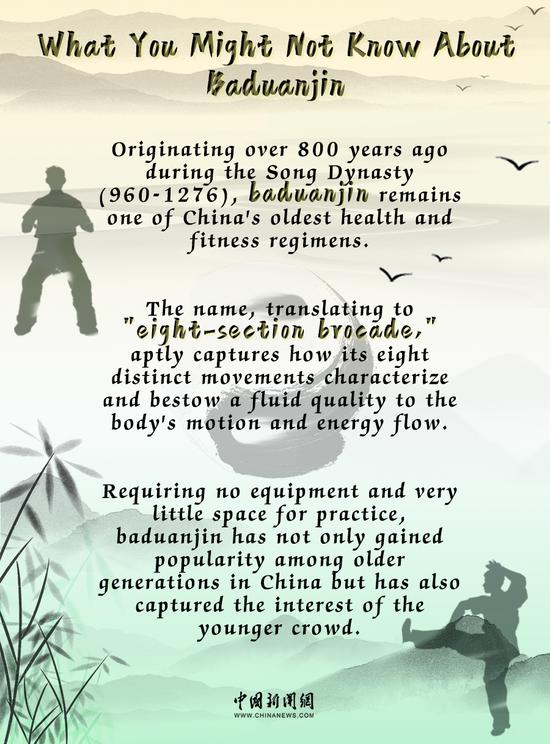


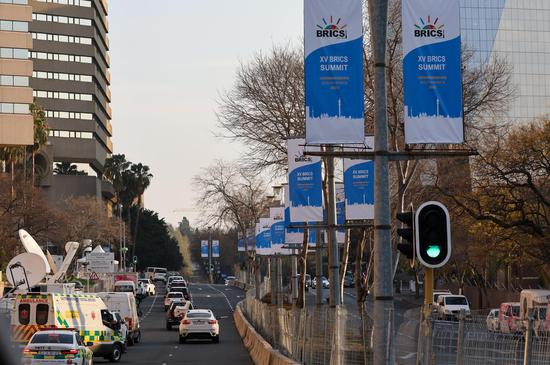
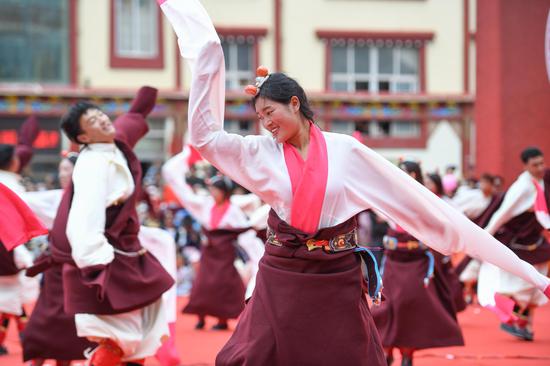
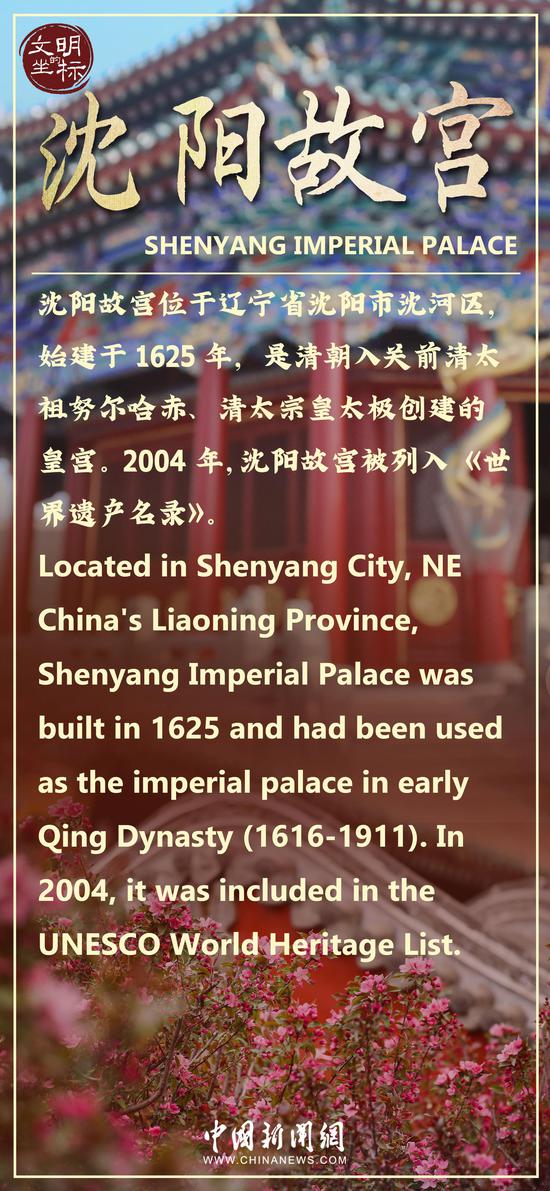

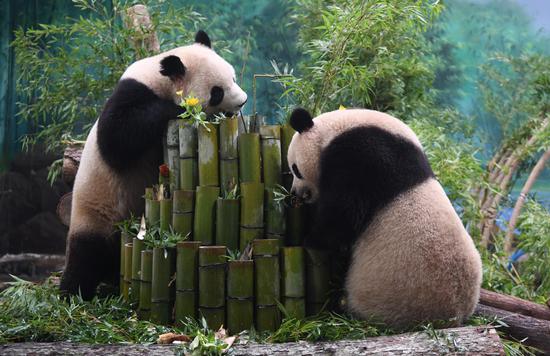


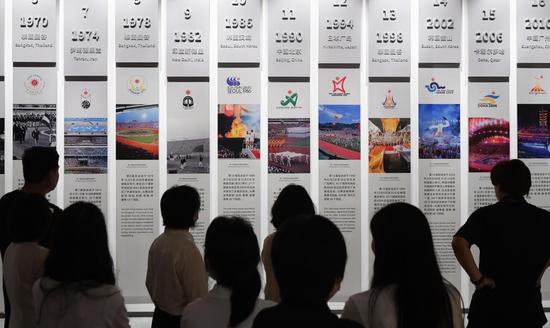
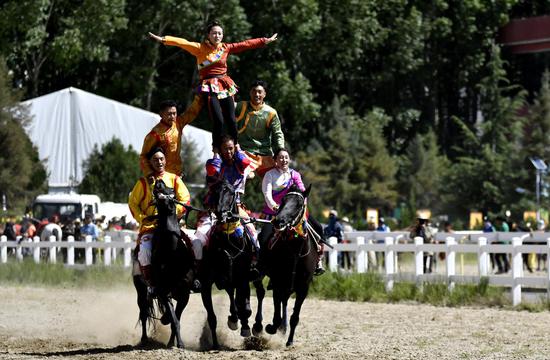

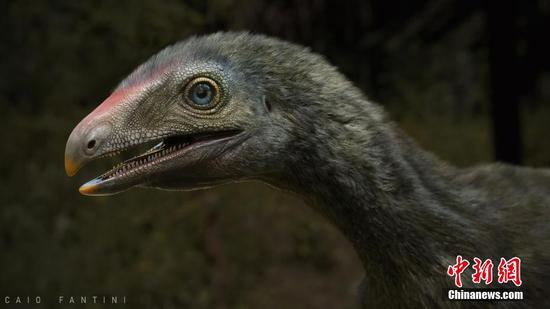
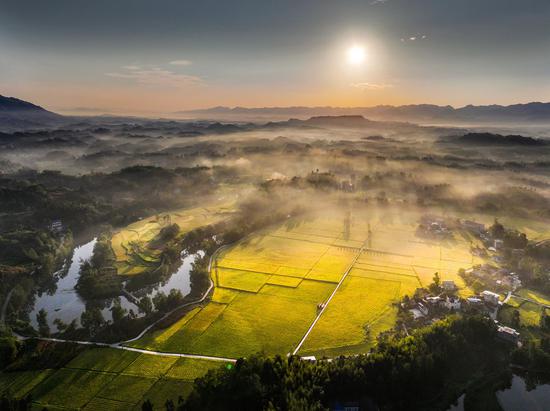
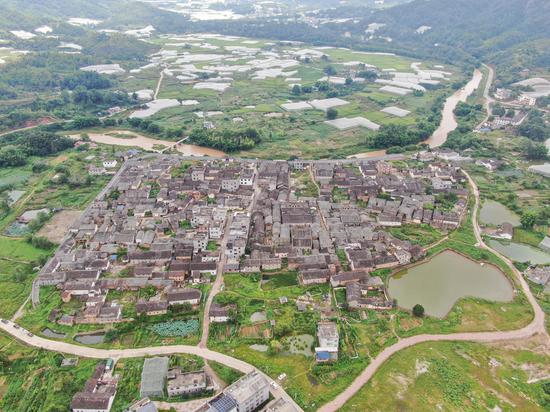

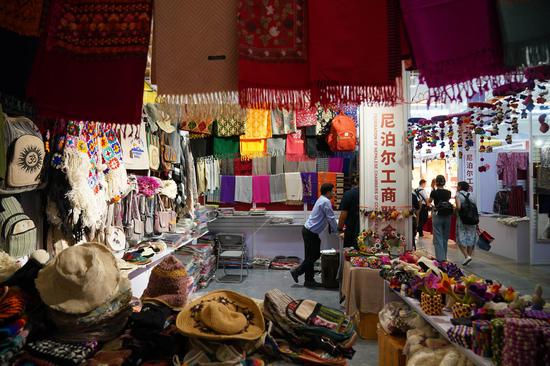
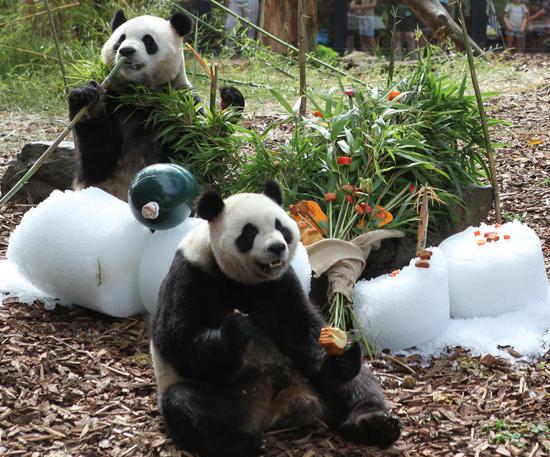

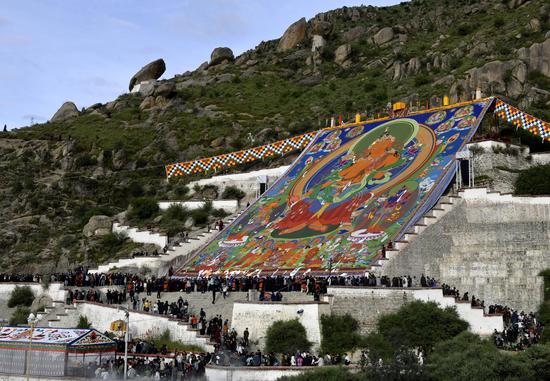
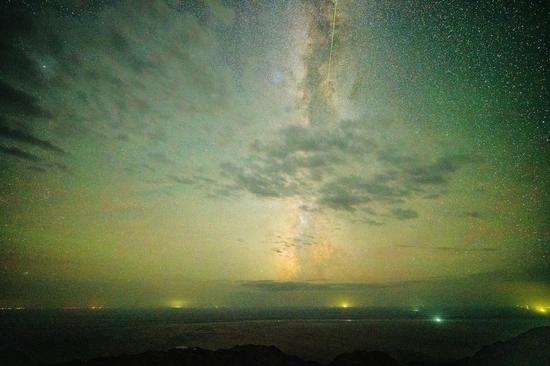
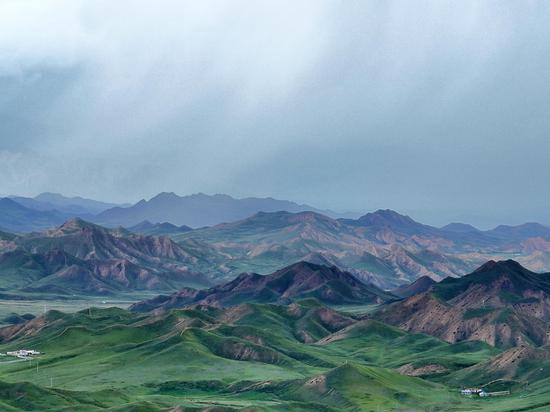




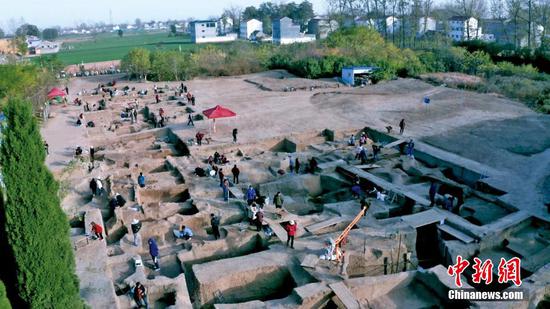

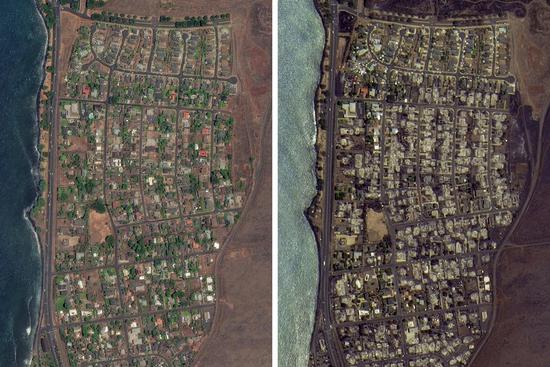
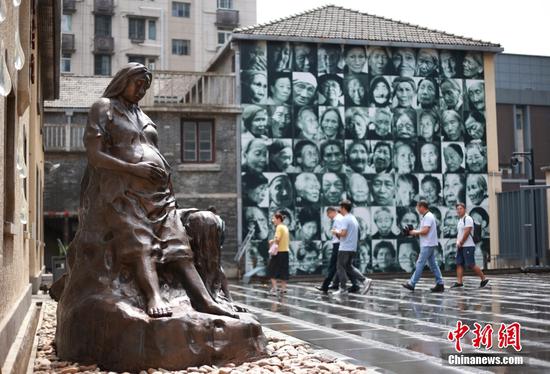


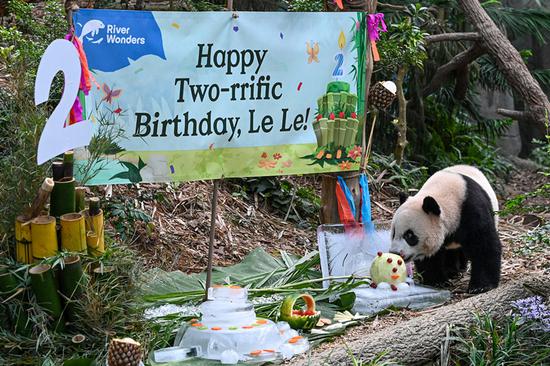
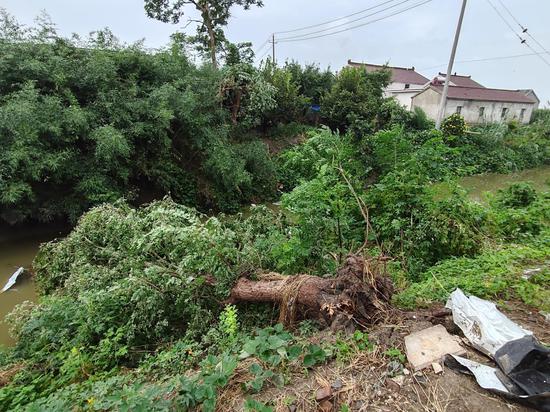

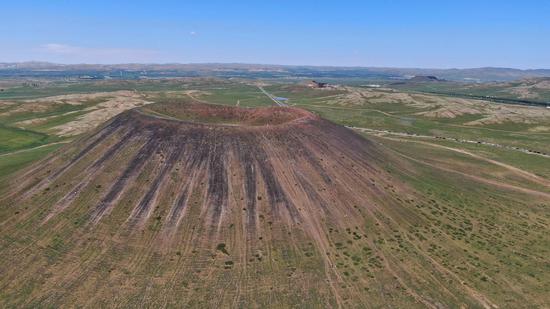





 京公网安备 11010202009201号
京公网安备 11010202009201号